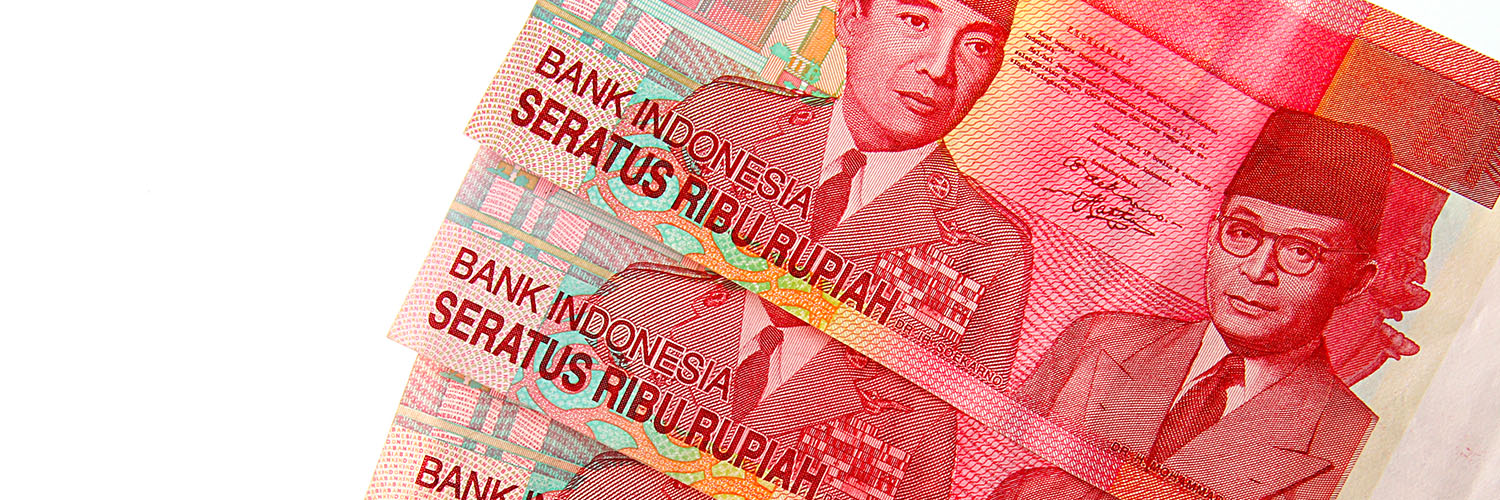The official currency of Indonesia is the Rupiah, which is issued and controlled by Bank Indonesia. The currency code for the Rupiah is IDR with the symbol Rp. By law, all transactions must be conducted using the Rupiah, and the latest news regarding daily exchange rates can be found in newspapers, online, or through various applications. The use of credit cards is widely accepted in hotels, restaurants, and large stores in Indonesia.
The banknotes in Indonesia consist of denominations such as Rp1000, Rp2000, Rp5000, Rp10,000, Rp20,000, Rp50,000, and Rp100,000. On the other hand, the circulating coin denominations include Rp1000, Rp500, Rp200, Rp100, and Rp50. These different denominations cater to various needs and preferences of the people in Indonesia, making transactions more convenient and efficient for both locals and tourists alike.
Overall, the Rupiah plays a crucial role in the Indonesian economy, facilitating daily transactions and serving as a medium of exchange for goods and services. Understanding the denominations of both banknotes and coins is essential for anyone living in or visiting Indonesia to ensure smooth and hassle-free financial transactions. With the widespread acceptance of credit cards and the availability of various currency denominations, Indonesia offers a diverse and accessible financial landscape for its residents and visitors.
Where can I exchange and buy Indonesian currency?
You can exchange and purchase foreign currency at various banks in major cities in Indonesia and money changers. Most tourist resorts also provide currency exchange facilities. However, if you are planning to travel to remote areas, it is advisable to exchange your money beforehand. If you need a large amount of foreign currency and do not have a foreign currency bank account, it is best to make a reservation a day in advance, as local banks do not keep a significant amount of foreign currency in small branch offices.
It is essential to plan ahead when it comes to exchanging or buying foreign currency to avoid any inconvenience during your travels. By preparing in advance and making necessary arrangements, you can ensure that you have the required amount of foreign currency when needed. Additionally, being aware of the locations where you can exchange currency, such as banks and money changers, can help you access these services more efficiently.
Whether you are exchanging currency for travel or other purposes, it is crucial to be informed about the process and options available to you. Understanding the best practices for exchanging foreign currency can help you make informed decisions and avoid any unnecessary complications. By following these guidelines and planning accordingly, you can ensure a smooth and hassle-free currency exchange experience.
All major cities and tourist destinations in Indonesia are equipped with ATMs on international networks, such as International Plus/Cirrus or Alto. Withdrawal limits are determined according to the regulations of each country's banks.
ATMs have two currency denominations, consisting of Rp50,000 and Rp100,000. However, it should be noted that larger currency denominations may be difficult to find, especially in rural areas.
The best solution to overcome this is to withdraw a sum of money from ATMs in major cities before traveling to remote areas.
